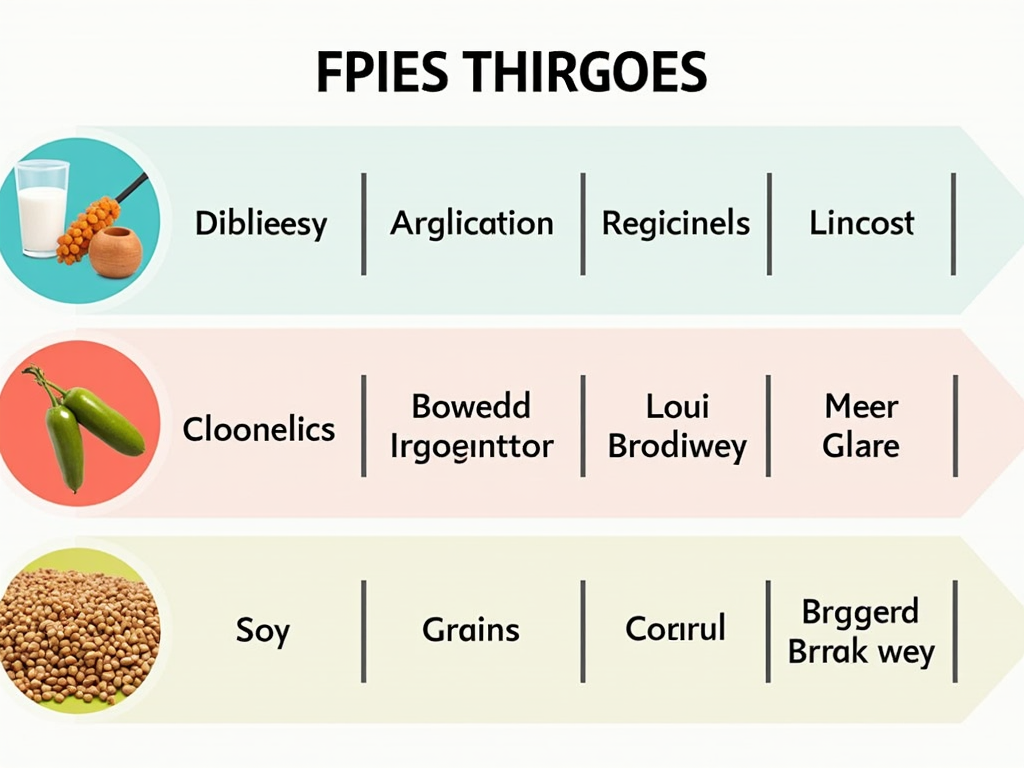Overview/Summary
Emotional wellness and physical health are deeply intertwined. Our mental state can influence our physical well-being, and vice versa. Conditions like chronic vomiting, often seen in disorders such as Chronic FPIES (Food Protein-Induced Enterocolitis Syndrome), exemplify this connection. Chronic vomiting not only affects the body but also takes a significant toll on emotional health. Understanding this relationship is crucial for managing both physical symptoms and psychological effects effectively.
What is Emotional Wellness?
Emotional wellness refers to the ability to understand and manage our emotions, cope with stress, and maintain a positive outlook on life. It involves recognizing our feelings, expressing them appropriately, and finding healthy ways to deal with challenges. Emotional wellness is not about being happy all the time but about being resilient and adaptable in the face of life's ups and downs.
What is Physical Health?
Physical health encompasses the state of our body, including fitness, nutrition, and the absence of disease. It involves maintaining a balanced diet, engaging in regular exercise, getting enough sleep, and avoiding harmful behaviors. Physical health is often visible and measurable, but it is deeply connected to our emotional state.
The Connection Between Emotional Wellness and Physical Health
The mind-body connection is a well-documented phenomenon. Stress, anxiety, and depression can lead to physical symptoms such as headaches, digestive issues, and weakened immune function. Conversely, physical ailments can cause emotional distress, creating a vicious cycle. For example, chronic pain can lead to depression, which in turn can exacerbate the perception of pain.

Chronic Vomiting: Causes and Psychological Effects
Chronic vomiting is defined as repeated episodes of vomiting over an extended period. It can be caused by various factors, including gastrointestinal disorders, food allergies, infections, and psychological conditions. One such condition is Chronic FPIES, a food allergy that primarily affects infants and young children but can persist into adulthood.

The psychological effects of chronic vomiting are profound. The constant discomfort and disruption to daily life can lead to anxiety, depression, and social isolation. Children with chronic vomiting may develop a fear of eating, leading to nutritional deficiencies and further health complications. Adults may experience similar issues, along with the stress of managing work and personal responsibilities while dealing with their condition.
Understanding Chronic FPIES
Chronic FPIES is a type of food allergy that causes delayed gastrointestinal reactions to certain foods. Unlike immediate allergic reactions, FPIES symptoms can take hours to manifest, making it challenging to identify trigger foods. Common symptoms include chronic vomiting, diarrhea, lethargy, and failure to thrive in children.

Managing Chronic FPIES involves strict avoidance of trigger foods and working closely with healthcare providers to ensure proper nutrition. The emotional toll of this condition can be significant, as individuals and their families must constantly monitor their diet and be prepared for potential reactions.
Personal Insights: Living with Chronic Vomiting and FPIES
Imagine waking up every day not knowing if what you eat will make you sick. For those with chronic vomiting due to conditions like FPIES, this is a daily reality. The uncertainty and constant vigilance can lead to heightened anxiety and stress. Simple activities like dining out or attending social events become fraught with worry.

However, there are ways to manage both the physical and emotional aspects of these conditions. Mindfulness practices, such as meditation and deep breathing, can help reduce stress and improve emotional wellness. Support groups and counseling can provide a sense of community and understanding, which is crucial for mental health.
Actionable Insights for Better Health
-
Identify Triggers: Keep a detailed food diary to track what you eat and any subsequent symptoms. This can help identify trigger foods for conditions like FPIES.
-
Seek Professional Help: Work with a healthcare provider to develop a management plan. This may include dietary adjustments, medications, or therapies.
-
Practice Stress Management: Incorporate mindfulness, yoga, or other relaxation techniques into your daily routine to manage stress and improve emotional wellness.
-
Build a Support Network: Connect with others who understand your condition through support groups or online communities.
-
Educate Yourself and Others: Learn as much as you can about your condition and share this knowledge with friends and family to foster understanding and support.

Summary
The connection between emotional wellness and physical health is undeniable. Conditions like chronic vomiting and Chronic FPIES highlight how physical symptoms can impact mental health and vice versa. By understanding this relationship and taking proactive steps to manage both aspects, individuals can improve their overall well-being. Remember, you are not alone in this journey. Seek support, educate yourself, and prioritize both your physical and emotional health.
Discuss Here